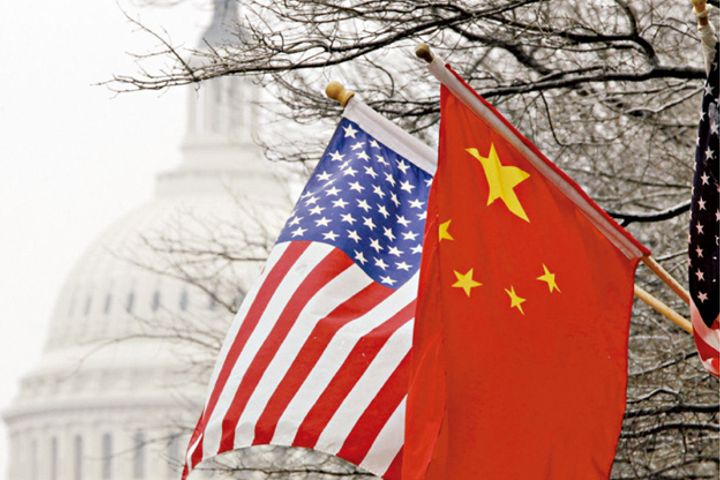 China, US to Sign Commercial Cooperation Agreements During President Trump's Visit to Beijing
China, US to Sign Commercial Cooperation Agreements During President Trump's Visit to Beijing(Yicai Global) Nov. 2 -- US President Donald Trump will visit China this month and meet with President Xi Jinping. All eyes will be on the meeting of presidents of the world's two largest economies to see what economic and trade outcomes it may yield.
During President Trump's visit to China, US Commerce Secretary Wilbur Ross will lead a commercial delegation to hold economic and trade negotiations and sign commercial cooperation agreements with China, said China's international trade representative and vice minister of commerce, Fu Ziying, at a press conference held at the State Council Information Office today.
In response to a question as to what other products China may import from the US to balance the bilateral trade, Fu responded it was a commercial secret, but added that China will actively balance its imports from the US for a better outcome.
Concerning the trade imbalance between China and the US, Fu Ziying pointed to 'multiple complicated reasons.' After all, the two countries have different economic and industrial structures, which lead to different levels of competitiveness, Fu said.
The two countries have different roles to play in terms of international division of labor, as well as employing different statistical systems which may pave the way for errors in calculations, he pointed out. Another important reason is despite the market demand, the US continues to restrict the export of certain hi-tech products to China, Fu added.
Whether it is trade of goods or trade of services, the China-US bilateral trade fully respects market principles and is determined by the market, namely by importers and consumers who make choices, stressed Fu.
In 2016, the US exports to China were five times higher than those in 2001, whereas the US exports to the whole world grew only 90 percent in the same period. China remains the biggest market for US's airplanes and soybeans and the second largest market for US's automobiles, integrated circuits, and cotton. 62 percent of the soybeans, 17 percent of the automobiles, 15 percent of the integrated circuits, and 25 percent of the Boeing airplanes exported by the US go to China. "If the Chinese market were not an open market, how could we have such a situation?" asked Fu.